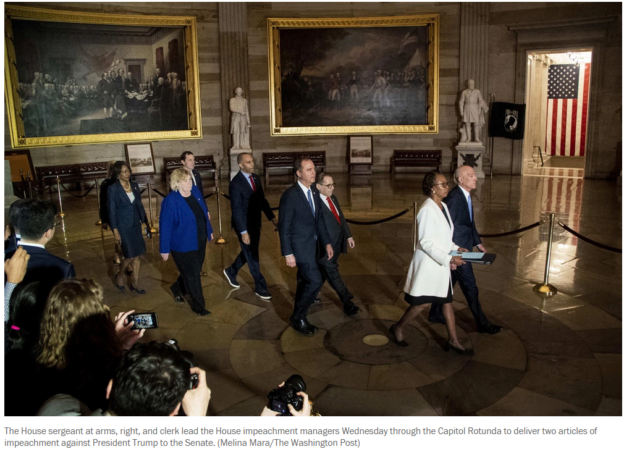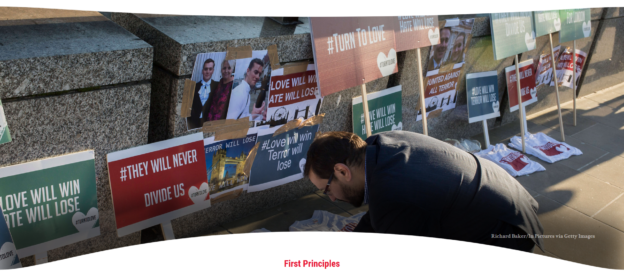Truly ghastly writing from Washington Examiner editorial staff, most of them still in short-pants, is nothing new.
This appallingly written, dog’s breakfast of a column, “The arrest of Glenn Greenwald reminds us what actual press persecution looks like,” repeatedly states the obvious: American journalists know not what it is to work under duress, bereft of freedom of the press.
Conversely, Glenn Greenwald, an American journalist based in Brazil, does.
But the worst infraction of journalism committed by the writer is the man’s lack of intellectual curiosity and shallow knowledge about the object of his justified defense, Glenn Greenwald.
In trying to make a point about the freedoms the American press enjoys, as opposed to the lack thereof in Brazil, the author, a “deputy contributors editor and commentary writer,” appears to be blissfully ignorant of the fact that, after helping Edward Snowden expose the U.S. National Security Agency, “the world’s largest surveillance organization,” Mr. Greenwald came under the scrutiny of the U.S. government, and is likely “a target of U.S. surveillance.”
It is still unclear whether Greenwald may return to the U.S. without risking arrest in the homeland.
How’s that for irony? This journalistic void renders ridiculous the outrage evinced by the writer (of “The arrest of Glenn Greenwald reminds us what actual press persecution looks like”) against Brazil’s authoritarian president, considering that Greenwald might be arrested on return to the U.S.
Via the Committee to Protect Journalists:
Glenn Greenwald would like to go home to the United States, at least for a visit. But the Guardian journalist and blogger is afraid to do so. He still has material and unpublished stories from his contacts with fugitive whistleblower Edward Snowden that he believes U.S. authorities would love to get their hands on. The nine-hour detention and interrogation of Greenwald’s Brazilian partner David Miranda by British security services at London’s Heathrow airport in August has only compounded his fears.
“I have been told by pretty much everybody I have asked, including lawyers for the Guardian, my personal lawyer, lawyers I trust, political people who are well connected that it would be very ill-advised for me to travel back to the United States right now because the chances that I would be arrested are something more than trivial,” Greenwald told CPJ in Rio de Janeiro.
To the Daily Beast, Greenwald said this:
“I’ve had lots of prominent [American] political and media figures calling for my arrest and prosecution and strongly suggesting, if not outright stating, that what I am doing is criminal.”
****
Other than from the title of the column, “The arrest of Glenn Greenwald reminds us what actual press persecution looks like,” and the embedded hyperlinks meant to be followed by the reader—the latter is none the wiser about the fate that befell poor Mr. Greenwald.
The rules of writing are that you tell readers in your lede paragraph about the thing upon which you’ve based your column. “The Five Ws” of journalism are:
What happened?
Who did that?
When did it take place?
Where did it take place?
Why did that happen?
Then there are what I call the “really-really” qualifications.
Greenwald is said to be “coming from a far-left perspective.” What a deeply silly statement. It’s like writing, “very-very left wing.” Who does that?
Bad journos who are subconsciously trying to set themselves in a camp other than the “far-left” do that.
Bad journos who are trying to emphasize their fair-mindedness do that.
Greenwald is a fair-minded liberal. That’s it. He is certainly not a far-left journalist.
* Glenn Greenwald courtesy REUTERS/Sergio Moraes








